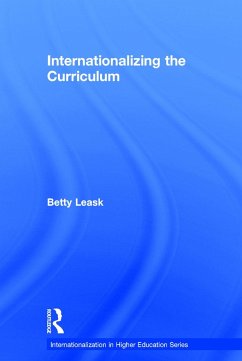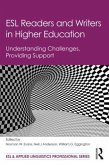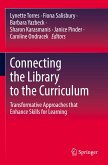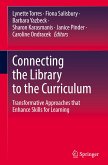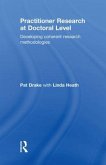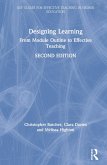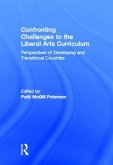The drive to internationalize higher education has seen the focus shift in recent years towards its defining element, the curriculum. As the point of connection between broader institutional strategies and the student experience, the curriculum plays a key role in the success or failure of the internationalization agenda. Yet despite much debate, the role and power of curriculum internationalization is often unappreciated. This has meant that critical questions, including what it means and how it can be achieved in different disciplines, have not been consistently or strategically addressed. This volume breaks new ground in connecting theory and practice in internationalizing the curriculum in different disciplinary and institutional contexts. An extensive literature review, case studies and action research projects provide valuable insights into the concept of internationalization of the curriculum. Best practice in curriculum design, teaching and learning in higher education are applied specifically to the process of internationalizing the curriculum. Examples from different disciplines and a range of practical resources and ideas are provided. Topics covered include: * why internationalize the curriculum?; * designing internationalized learning outcomes; * using student diversity to internationalize the curriculum; * blockers and enablers to internationalization of the curriculum; * assessment in an internationalized curriculum; * connecting internationalization of the curriculum with institutional goals and student learning. Internationalizing the Curriculum provides invaluable guidance to university managers, academic staff, professional development lecturers and support staff as well as students and scholars interested in advancing theory and practice in this important area.
Internationalisation of the Curriculum In Context explores disciplinary approaches to and interpretations of internationalisation of the curriculum. Based on an extensive literature review and case studies from a range of national, institutional and disciplinary contexts, this book explores new ground and provides insights into internationalisation of the curriculum in action in the 21st century world. It proposes a framework for internationalisation of the curriculum that situates it within multiple contexts and facilitates an exploration of its many dimensions. It identifies the blockers and enablers to internationalisation of the curriculum within different contexts and provides invaluable guidance to university managers, academic staff, professional development lecturers and support workers as well as students and scholars interested in advancing theory and practice in this important area.
Internationalisation of the Curriculum In Context explores disciplinary approaches to and interpretations of internationalisation of the curriculum. Based on an extensive literature review and case studies from a range of national, institutional and disciplinary contexts, this book explores new ground and provides insights into internationalisation of the curriculum in action in the 21st century world. It proposes a framework for internationalisation of the curriculum that situates it within multiple contexts and facilitates an exploration of its many dimensions. It identifies the blockers and enablers to internationalisation of the curriculum within different contexts and provides invaluable guidance to university managers, academic staff, professional development lecturers and support workers as well as students and scholars interested in advancing theory and practice in this important area.

